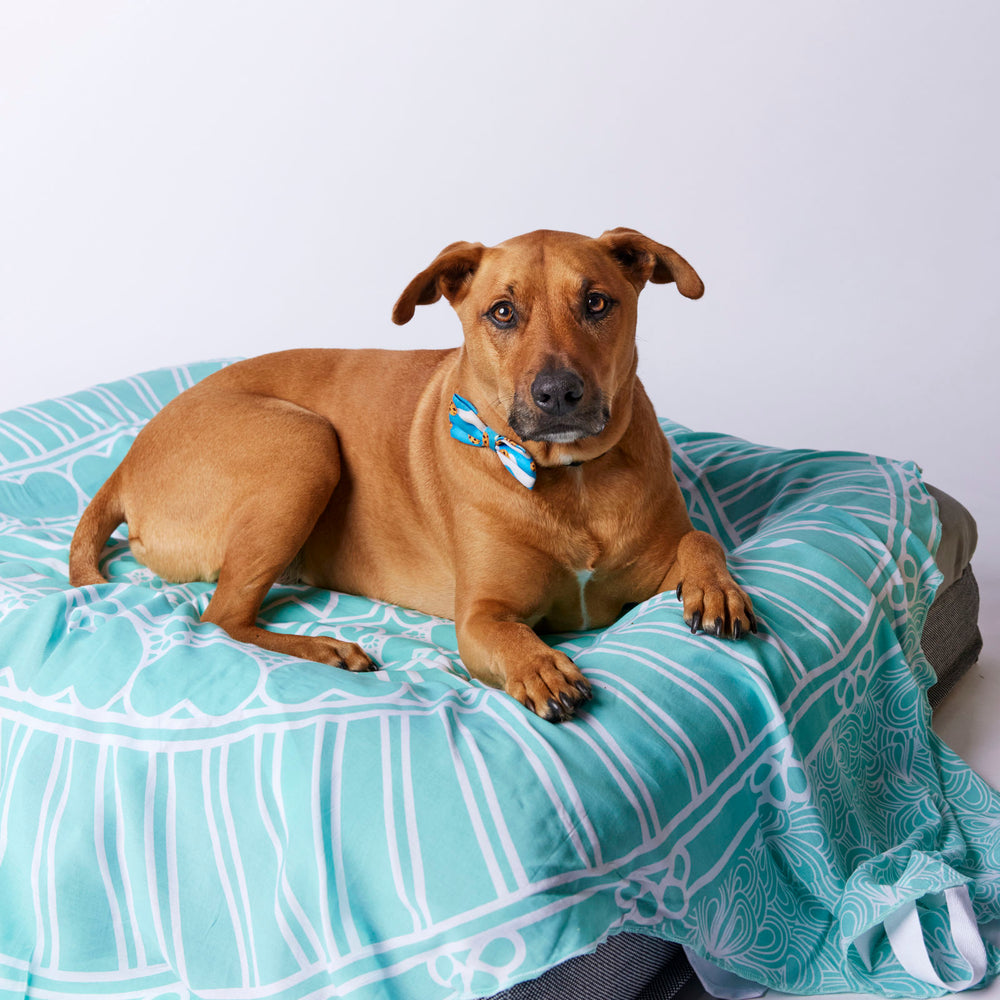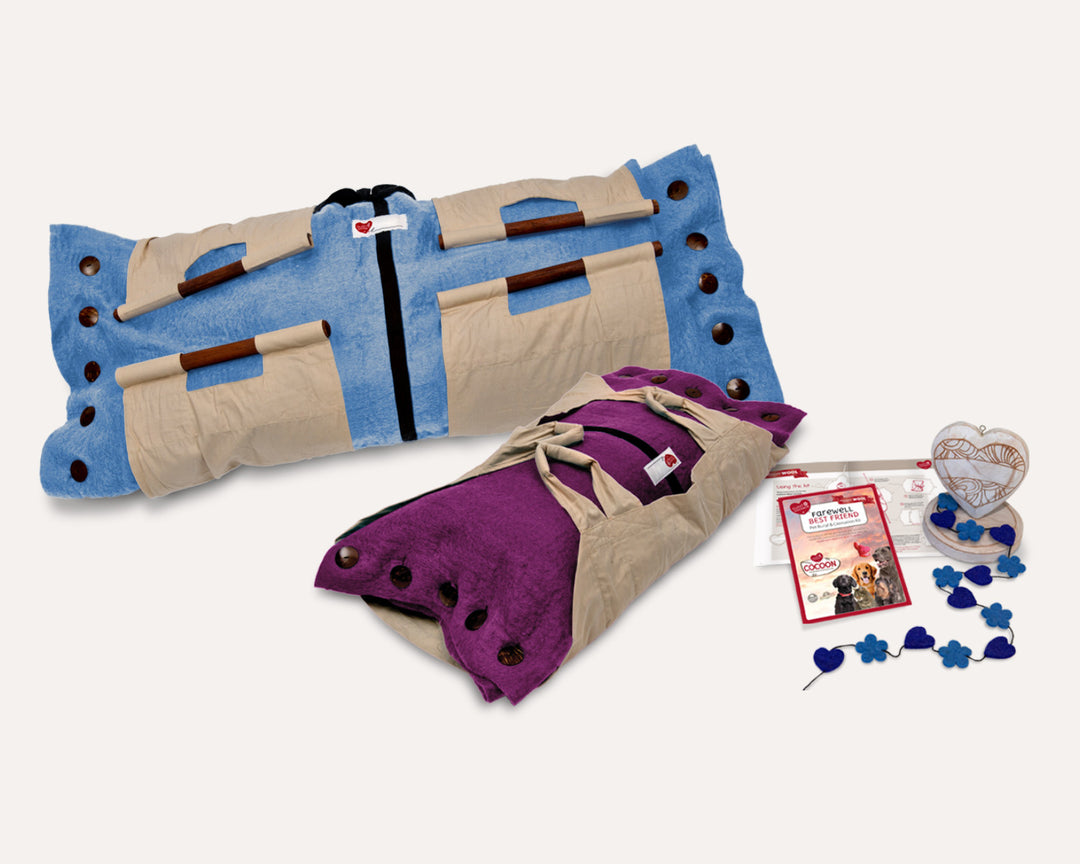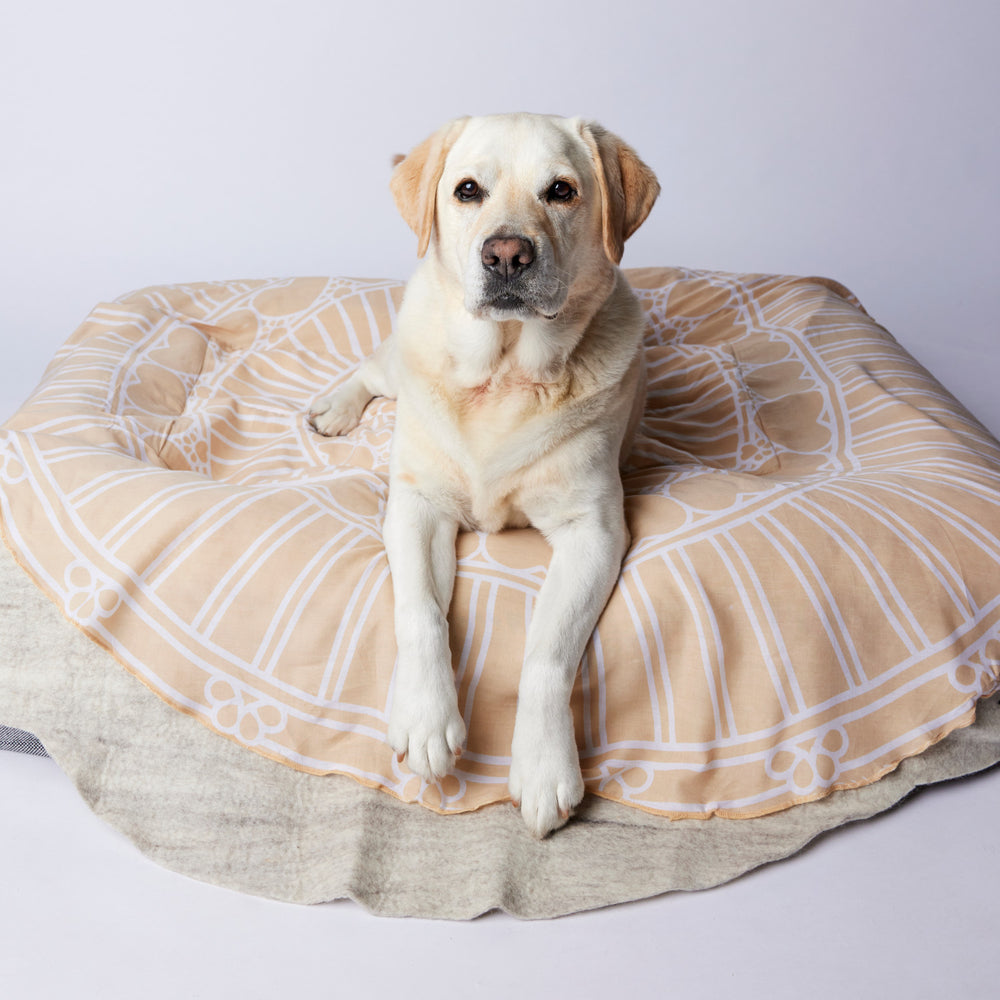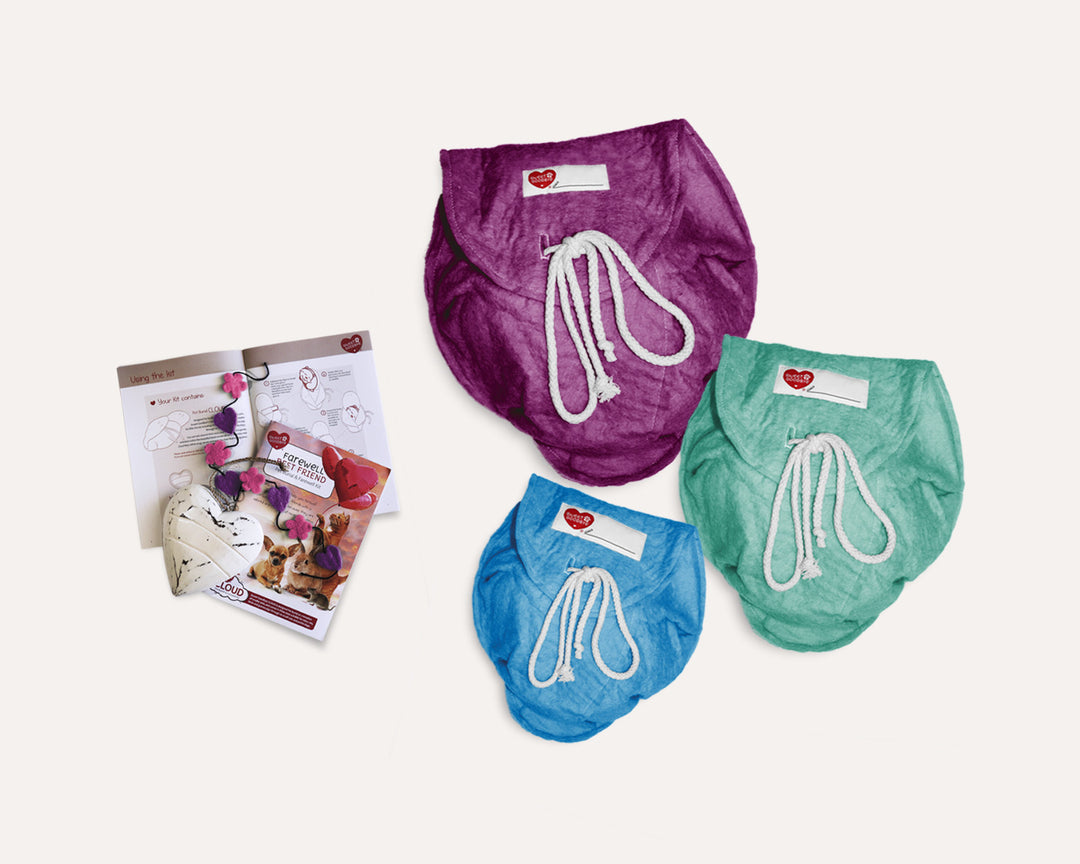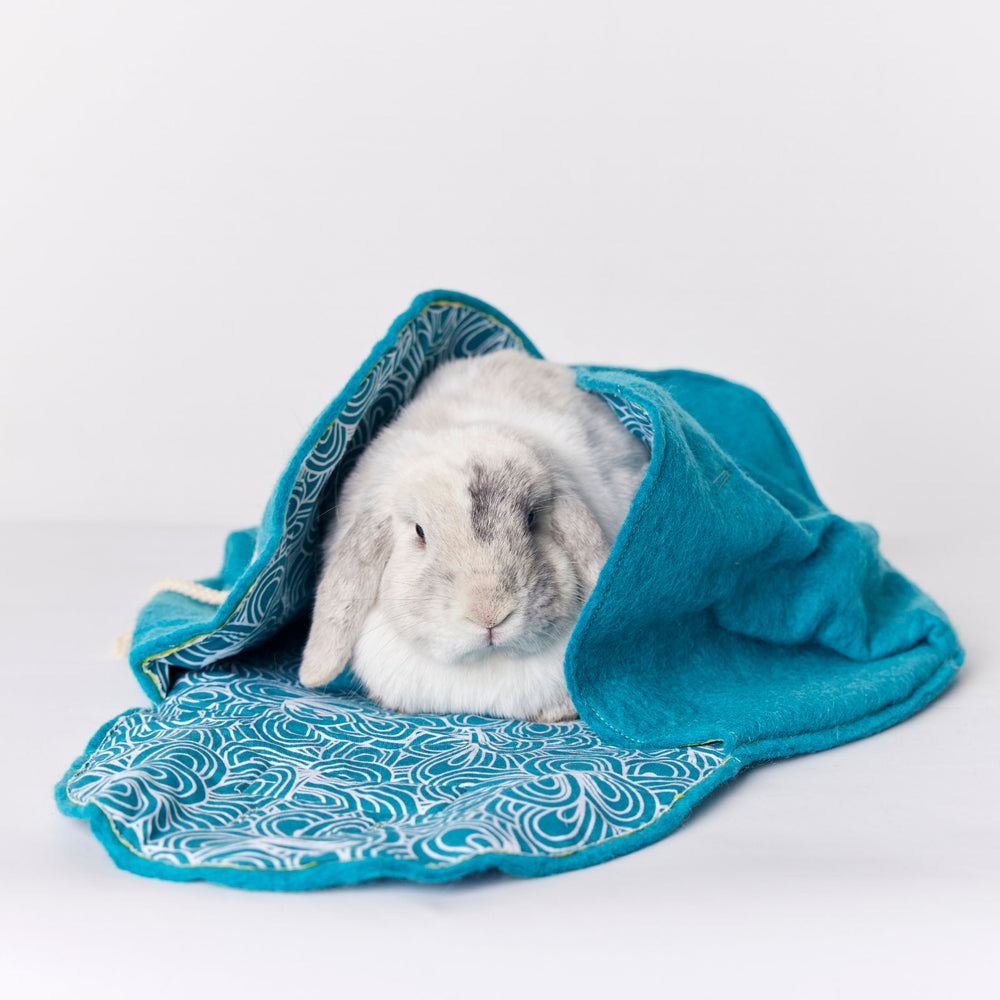How to Prepare Your Senior Pet for a New Baby in the House

A tiny new human in the household is a huge adjustment for the whole family. Yes, this means your beloved pet too! If you’re waiting on a new addition to your home, there are many ways that you can begin preparing the existing fur babies in your household. This will help with a smoother transition and can be an important way to introduce your senior pet to your new bundle of joy. We all know our senior pets can become accustomed to their usual routine, this provides them with a sense of safety and comfort. To help gently prepare them, you can begin by slowly introducing them to new changes in their environment before your baby arrives because despite them needing gradual change, senior pets can often be the perfect companion during this exciting time.
Slow introductions
Our pets have a sensitivity to smells and louder noises, and this only increases with age. To reduce anxiety in preparation for when your baby comes along, you can slowly introduce them to changes to their environment by letting them smell products such as baby powders, lotions and oils. By doing so in a calm environment, this will prevent them from becoming overwhelmed. You may also let your pet roam the infant’s room so that they become familiar with the space, and attempt to set boundaries. Once your baby does join you earthside, you can bring home a blanket or onesie that the baby has worn which is a great way to introduce their smell to your pet. That way, once they enter the home, it will already be a familiar scent.
Rewards and praise
Introducing these new changes early on, will help prevent your elderly pet from being startled by these changes. It’s a fact of life that our little ones can be noisy, so without proper preparation, this can cause stress and anxiety to your senior pet. To ensure they feel safe, you should focus on positively associating these changes by using treats, comfort and attention. One way you can do this is to play recordings of babies crying while monitoring your pet and giving them treats which will keep them calm, and help them become familiar with these. This is an important step to reduce agitation and provide reassurance for your pet.
Refresher course in manners
Another important step is introducing them to the baby’s room while setting boundaries such as, not letting them take toys away or sleep in your baby’s sleeping area. This will help set ground rules for our pets as the RSPCA states that pets should not be left alone with an infant when sleeping. You may also consider doing a refresher course on manners for your pet, especially for senior dogs, making sure they respond to simple commands such as ‘sit,’ and ‘stay.’ This will help prevent your senior pet from acting out accidentally. Using these familiar commands will also help maintain a routine for your pet, guiding them in a time of change. You may also consider training your pet with baby gates to encourage a safe distance between your pet and baby during initial introduction.
Safety Bunker
Big life changes for senior pets can disrupt their regular routines, so it's a good idea to create a space for your pet to retreat to when it gets too much. This can be a closed off room, or even a cushioned corner of the house where they can easily access their food and water, as well as peace and quiet. This will allow them to get their rest and avoid any excess stress. This will also help separate the two, allowing you to interact with your pet to avoid jealousy. You may consider trying to schedule time for your senior pet, to ensure their needs are being met as well as making sure they are feeling the love.
Our beloved pets generally have a natural gentleness to newborns, but there are a couple steps you can take to help them understand this big change. Senior pets, especially with health impairments as they get older, can make them feel constantly on edge. By slowly preparing your pet to meet your new baby, you can help your senior pet adjust in a safe and calm environment.





